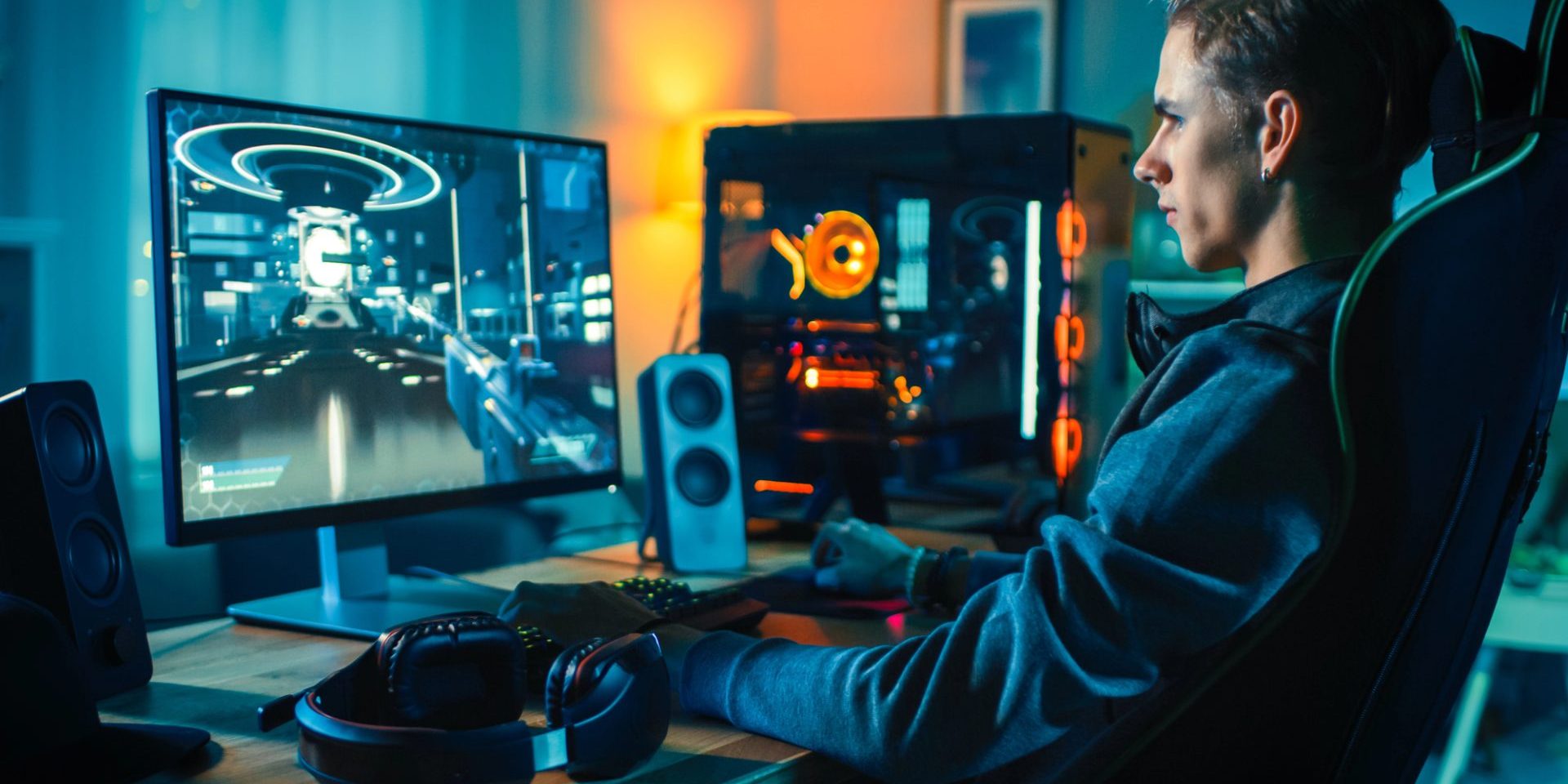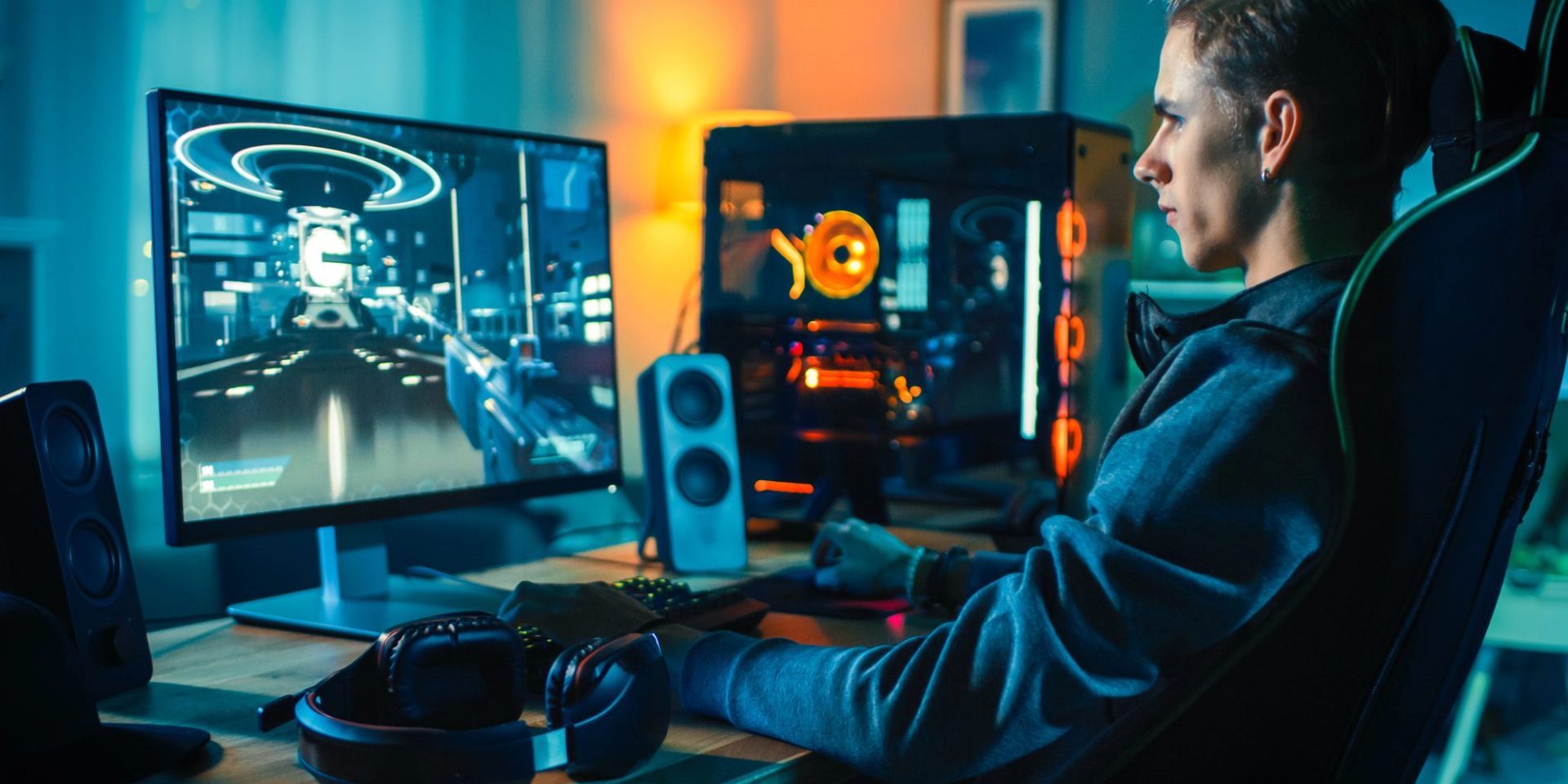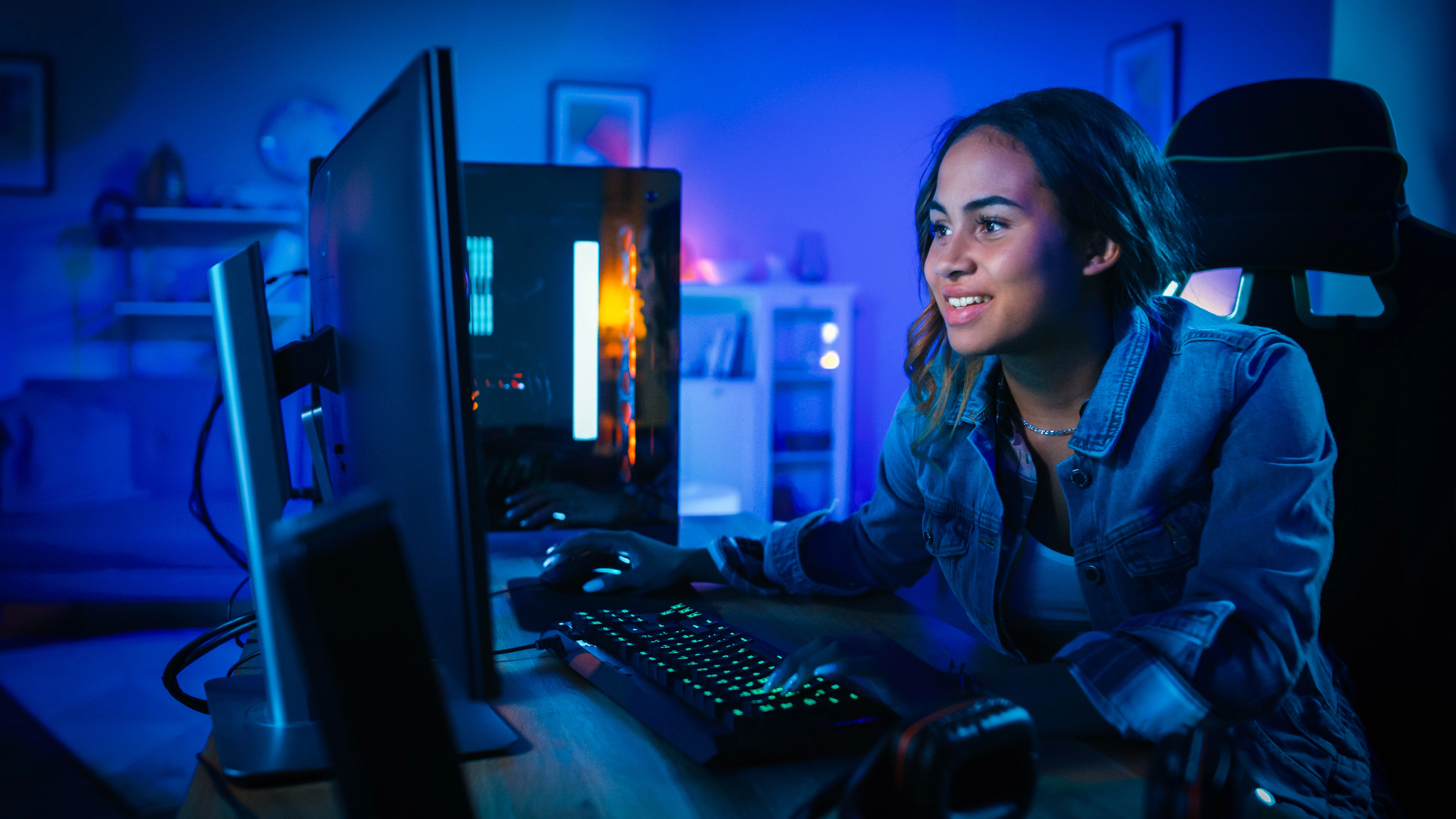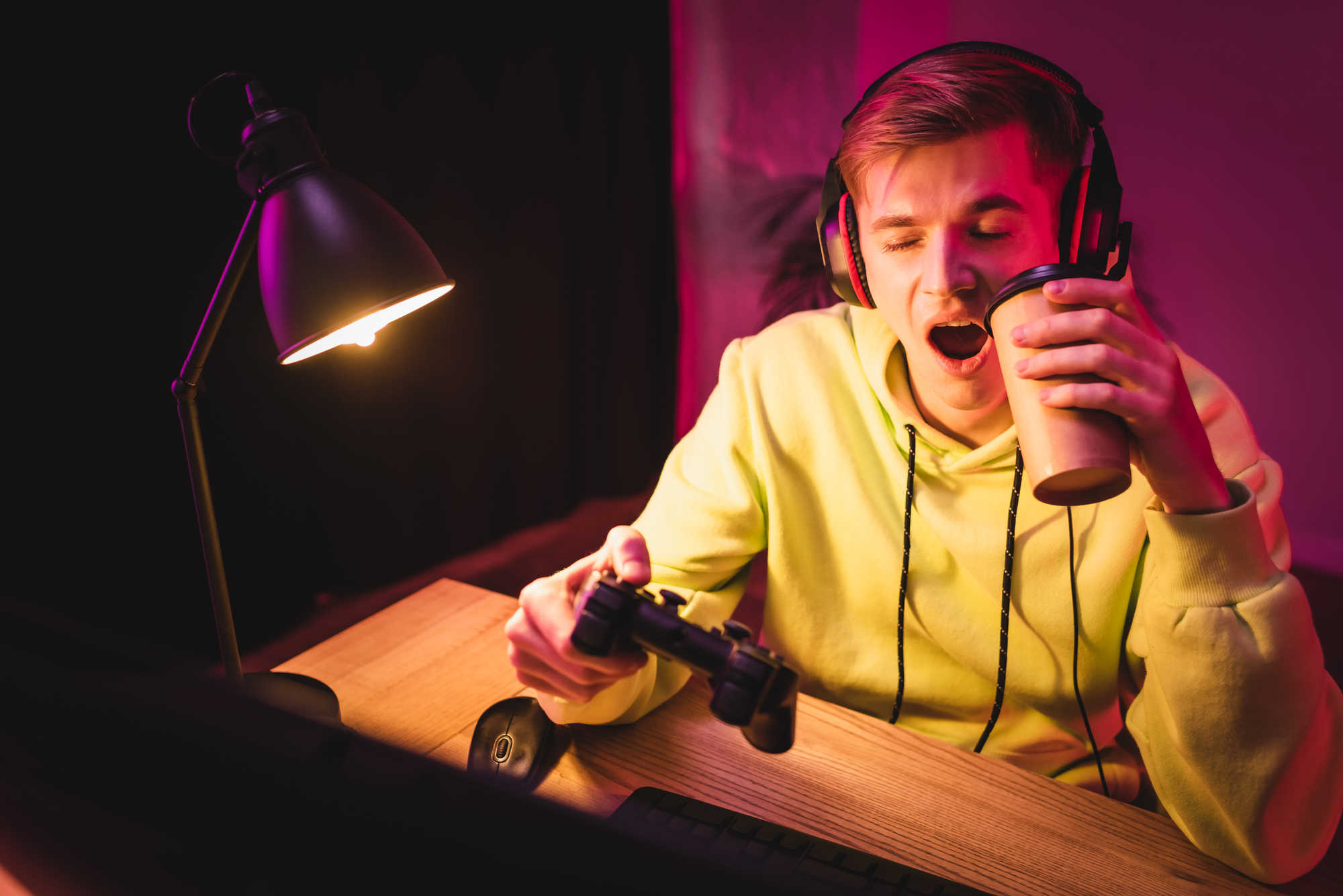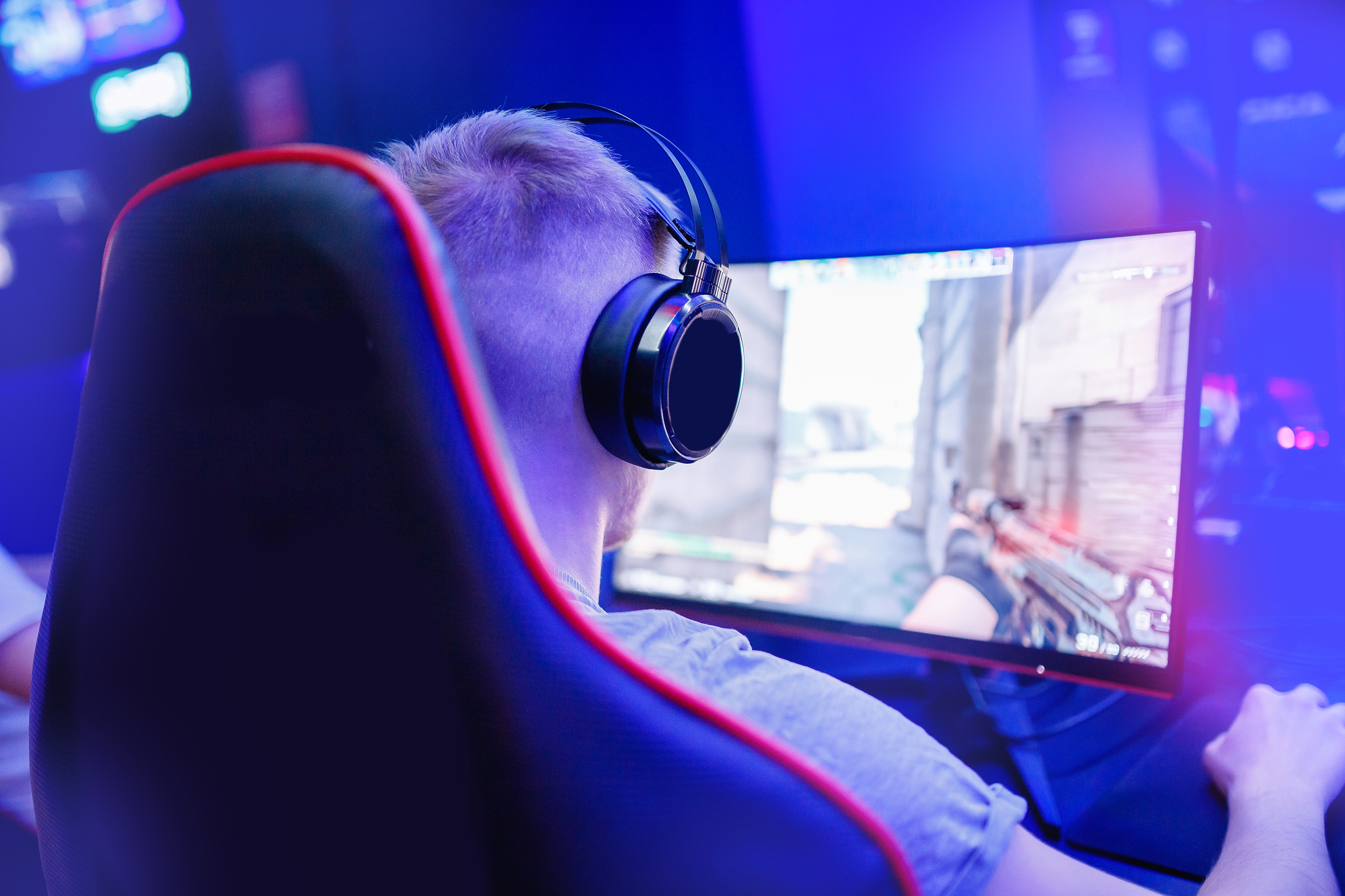Gaming is transforming creative industries through innovative technologies and immersive experiences. Artificial intelligence plays a key role in this revolution, empowering game developers to create more realistic and dynamic worlds. AI tools are enhancing game design by generating personalized content and enabling artists to quickly visualize their ideas.
The gaming industry’s advancements are spilling over into other creative fields. Game engines are now used for film production, architectural visualization, and virtual reality experiences. This cross-pollination of technologies is blurring the lines between different media forms and opening up new possibilities for storytelling and artistic expression.
As gaming continues to push technical boundaries, it drives progress in areas like graphics processing, motion capture, and virtual production. These improvements benefit not just games, but also visual effects in movies, interactive art installations, and digital advertising. The gaming industry’s rapid innovation cycle is accelerating creative technology development across multiple sectors.
The Impact of AI on Game Design and Development
Artificial intelligence is transforming game design and development, bringing new possibilities to content creation, gameplay innovation, and overall gaming quality.
Generative AI and Content Creation
AI-powered tools are revolutionizing content generation in game development. These systems can quickly produce vast amounts of game assets, including textures, 3D models, and even entire levels. This speed and efficiency allow developers to focus more on creative direction and gameplay refinement.
Procedural generation algorithms create diverse and expansive game worlds, reducing manual labor while increasing replayability. AI can also generate dynamic narratives and dialogues, adapting stories based on player choices and behaviors.
Some AI systems can create concept art and character designs, providing inspiration for artists and speeding up the ideation process. This blend of AI-assisted and human creativity is pushing the boundaries of game design.
Advanced AI Algorithms and Gameplay Innovation
AI is enhancing gameplay experiences through sophisticated algorithms. Adaptive difficulty systems analyze player performance and adjust challenges in real-time, keeping games engaging for a wide range of skill levels.
Non-player characters (NPCs) benefit from improved AI, exhibiting more realistic behaviors and decision-making. This leads to more immersive and believable game worlds.
AI-driven player behavior analysis helps developers identify patterns and preferences, informing game balancing and future design decisions. Some games use AI to generate infinite variations of puzzles or quests, providing fresh content for players.
The Role of Machine Learning in Enhancing Gaming Quality
Machine learning models are improving various aspects of game quality. These systems can optimize graphics rendering, reducing computational load while maintaining visual fidelity.
AI-powered bug detection tools analyze game code and playtests, identifying issues faster than traditional methods. This leads to smoother launches and better player experiences.
Speech recognition and natural language processing, powered by machine learning, enable more natural voice commands and in-game conversations. These technologies are particularly valuable for virtual reality and augmented reality gaming experiences.
Machine learning also plays a crucial role in anti-cheat systems, analyzing player behavior to detect and prevent unfair advantages in online multiplayer games.
Revolutionizing Art and Animation in Gaming
Gaming art and animation have undergone significant transformations with the advent of new technologies. AI and machine learning are reshaping how visual elements are created and integrated into games.
Enhancing Visuals with AI-Driven Tools
AI-powered tools are changing the landscape of game art creation. These technologies enable artists to generate textures, environments, and assets more quickly and efficiently. For example, AI algorithms can create realistic terrain or cityscapes based on simple input parameters, saving developers countless hours of manual design work.
Unity and Unreal Engine now incorporate AI-assisted features that help streamline the art pipeline. These tools can automatically optimize 3D models for different platforms or generate variations of existing assets, allowing artists to focus on higher-level creative tasks.
Procedural generation techniques enhanced by machine learning also allow for vast, diverse game worlds to be created with less manual input. This approach has been used in games to create expansive environments that feel organic and varied.
The Evolution of Character Animation with Machine Learning
Machine learning algorithms are transforming character animation in games. These systems can analyze large datasets of human movement to generate more realistic and nuanced animations for game characters.
Motion capture data combined with AI can produce smoother transitions between animations and more natural-looking movements. This technology allows for more dynamic and responsive character behaviors, enhancing player immersion.
AI-driven facial animation systems have improved dramatically, enabling more expressive and lifelike character performances. These tools can generate convincing lip-sync and facial expressions from audio input, reducing the need for manual animation work.
Developers are also using machine learning to create more believable non-player character behaviors. AI can help NPCs react more naturally to player actions and environmental changes, creating a more interactive and engaging game world.
Emergent Gameplay and Player Experience
Emergent gameplay and AI-driven personalization are transforming player experiences in modern video games. These advancements create dynamic, responsive environments that adapt to individual playstyles and preferences.
Influence of AI on Personalization and Gameplay
AI technologies are reshaping how games respond to player actions. Advanced algorithms analyze gameplay data to adjust difficulty levels, generate content, and create personalized experiences. This results in games that feel fresh and challenging for each player.
AI-powered NPCs exhibit more lifelike behaviors, reacting intelligently to player choices. These characters can learn from interactions, developing unique personalities over time. This deepens immersion and creates memorable moments for players.
Procedural generation fueled by AI allows for vast, varied game worlds. Each playthrough can offer new landscapes, quests, and encounters, keeping the experience engaging even after multiple sessions.
Understanding User and Player Behavior through AI
Game developers use AI to gain insights into player behavior and preferences. Machine learning algorithms analyze vast amounts of gameplay data to identify patterns and trends.
This information helps designers create more engaging content and refine game mechanics. For example, AI can pinpoint areas where players struggle or lose interest, allowing for targeted improvements.
Predictive analytics powered by AI can anticipate player needs and preferences. This enables games to offer timely suggestions, rewards, or challenges that align with individual play styles.
AI-driven player profiling allows for better matchmaking in multiplayer games. By considering factors like skill level and playstyle, these systems create balanced and enjoyable competitive experiences.
The Business of Gaming: Monetization and Market Expansion
Gaming companies are adapting to new revenue models and expanding into global markets. AI-powered tools are transforming marketing strategies and driving growth across the industry.
Boosting Marketing Efficiency with AI
AI technologies are revolutionizing marketing in the gaming sector. Companies like EA and Microsoft use machine learning algorithms to analyze player behavior and preferences. This data helps create targeted advertisements and personalized game recommendations.
AI chatbots provide 24/7 customer support, answering queries and resolving issues quickly. Predictive analytics forecast game performance and player retention rates, allowing developers to make data-driven decisions.
Natural language processing tools analyze social media sentiment, giving publishers real-time feedback on new releases. AI-generated content creation tools speed up asset production for marketing campaigns.
Leveraging AI for Global Gaming Industry Growth
AI is fueling expansion in the global gaming market. Localization AI translates games into multiple languages faster and more accurately than human translators. This allows publishers to release titles simultaneously worldwide.
Machine learning improves matchmaking in multiplayer games, enhancing player experiences across regions. AI-powered anti-cheat systems create fairer online environments, attracting more players globally.
Cloud gaming platforms use AI to optimize streaming quality based on local network conditions. This expands access to high-quality gaming in areas with limited infrastructure.
AI market analysis tools help companies identify emerging trends in different countries, informing regional expansion strategies. Automated pricing models adjust game costs for various economies, maximizing revenue potential in new markets.

